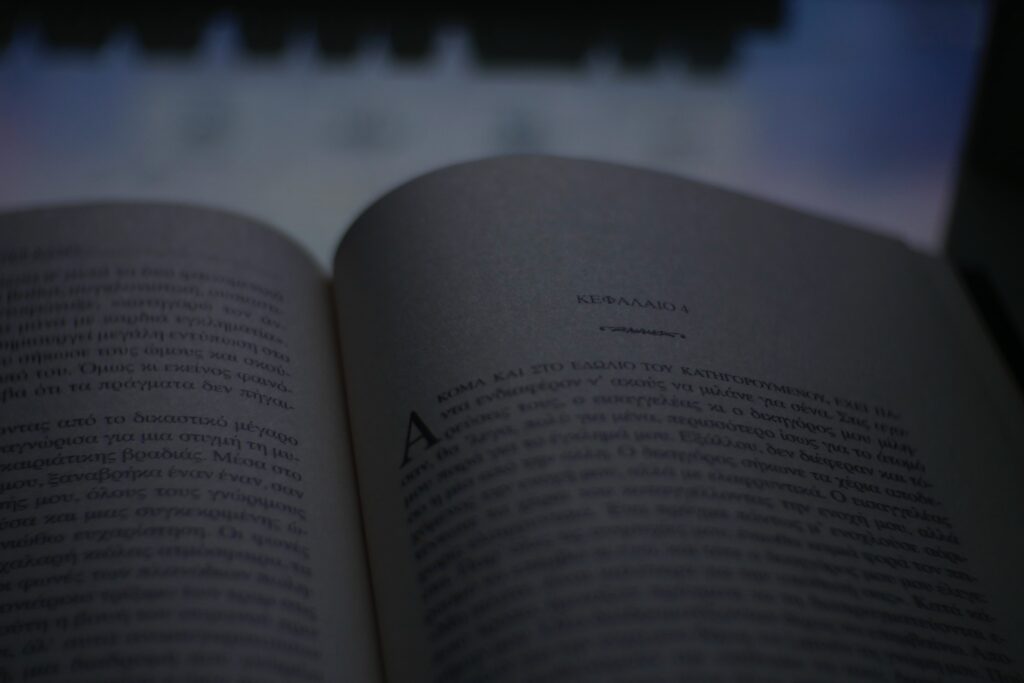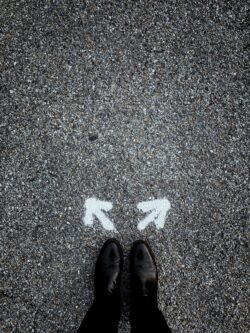Some Reading Recommendations
First, I’d like to recommend to you Jean-Paul Sartre’s work Being and Nothingness: it’s the work of philosophy that best explains existentialism. I’ll also warn you, it’s extremely long and fairly complicated. The main point that matters here is that Sartre is convinced that we never have direct experience of objective truth. Everything we see, smell, sense, and speak, as human beings, is filtered first through our consciousness.
That consciousness, frustratingly, is imperfect and full of all sorts of misconceptions, biases, and so on. Thus, we can’t ever be absolutely sure that we know anything for sure. What we ought to do, then, is remain consistently skeptical, and seek further information that might, at the very least, lead us to more reliable conclusions.
Next, I recommend Albert Camus’ The Plague. I refuse to spoil this classic here, but there is a philosophical point that runs through the work that is vital here. For Camus, we have to recognize that we do not totally determine our circumstances: life, the world, and our place in it might be heavily influenced, or in some cases utterly dictated, by forces outside of our control.
This can, in some people, lead to severe depression. It’s exactly this, I argue, what leads people to mid-life crises when they retire: having had a boss or a job define so many of your working hours, many people, men in particular, feel purposeless without that outside direction.

Finding Purpose?
One last recommendation from Camus, his essay entitled “The Myth of Sisyphus” in which the titular character manages to anger Zeus and find himself sentenced to immortality, and to pushing a rock up a hill every day for the rest of time. That sounds awful, but Camus ends the essay, confoundingly, with “we must imagine Sisyphus happy.”
Wait, what?
For Camus, the lack of control we probably feel not only in reading his stories, but living in the 21st century is not something that should cause us much distress. After all, do you feel emotionally invested in the weather, or which way the wind is blowing? If you do, I feel sympathy for you, as you’re trying to bend nature to your will, which is not likely to yield success.
Instead, Camus has us focus our will internally. What can I choose or influence? Sisyphus can no longer choose anything about his day. So, what does he do? He chooses to find joy in pushing the rock up the hill.
I do not mean to suggest, however, that we become totally content with the way things are as they are now. instead, I suggest taking an honest look at what you can, and what you cannot, change. In taking stock of that, you’ll likely find that you cannot make sweeping changes to the world right now, but what you can do is find out where your thoughts and feelings come from, and then apply your mind and body to some end that you can find joy in.
